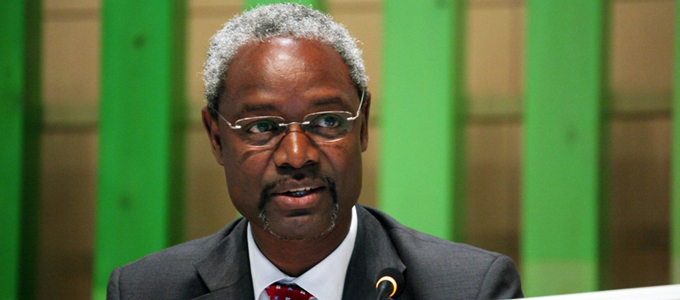No fewer than 33 million people in the Sahel are food insecure, the UN Economic and Social Council (ECOSOC) and the UN Peacebuilding Commission have said.

The UN bodies, at a joint forum in New York, also said building climate resilience and peace, must go hand in hand for the region.
The forum said to build a sustainable peace in the Sahel, urgent attention was needed to mitigate the effects of climate change, and ensure that communities have access to enough opportunities
The UN Special Adviser on the Sahel, Ibrahim Thiaw, said: “The region consists of 10 different countries, totalling 300 million people.
“Currently, 33 million women, children and men are food insecure, while 4.7 million children under the age of five suffer from acute malnutrition.
“The Sahel is arguably one of the most vulnerable regions to climate change. It is most likely the region with the largest number of people disproportionately affected by global warming”.
President of ECOSOC, Inga King, stressed that climate change was compounding the problem of the region.
“With rapid population growth estimated at 2.8 per cent per year in an environment of shrinking natural resources, including land and water resources, climate change in the Sahel can compound existing vulnerabilities.
“These risks generating new conflicts and forced migration, issues which already characterize the region. This situation requires our urgent attention,” King said.
Chair of the Peace building Commission, Ion Jinga, also regretted the impacts of climate change around the globe.
Jinga said: “Climate change impacts around the globe – including, desertification, droughts, floods and food insecurity – all pose grave threats to generations of human and development gains”.
He noted that, together, ECOSOC and the Peacebuilding Commission could support local initiatives through coordination of policies, building partnerships, resource mobilisation, and promotion of national ownership for projects implemented.
The joint meeting included local leaders invited to present their climate action initiatives to address their insecurity challenges.
Ahmed Diallo, Mayor of the city of Dori, in Burkina Faso, said “we are convinced that there are solutions, that with effort we can get out of this situation, and improve the current trends.
“This is because the youth that commit terrorist acts are often enrolled to do so, not so much by religious conviction, but due to a lack of opportunities.
“If a pastoralist can’t feed his animals because he doesn’t have food and he doesn’t have water, then he is going to look for other ways”.
Diallo gave examples of actions taken in his town to mitigate the effects of climate change including reforestation efforts, financial support to farmers, trainings for bee keepers, and cross-border cooperation with other countries’ municipalities to implement common projects.
By Prudence Arobani
